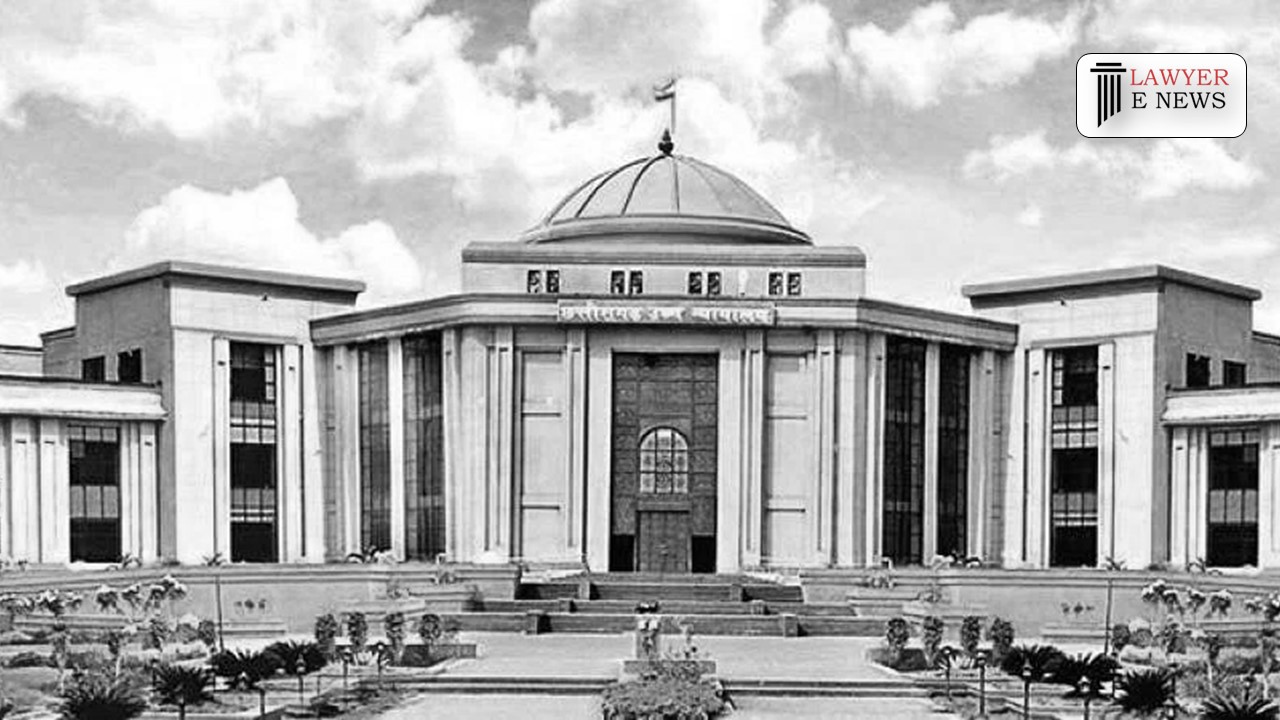-
by Admin
15 February 2026 5:01 PM



The court mandates the extension of the petitioner’s retirement age from 60 to 62 years, aligning it with other similarly situated officers.
In a recent ruling, the High Court of Manipur has granted relief to Dr. Laishram Saratchandra Singh, a Veterinary Officer, by extending his age of superannuation from 60 to 62 years. The judgment, delivered by Hon’ble Justice A. Guneshwar Sharma, underscored the discriminatory practices of the state government and emphasized the importance of equal treatment under Articles 14 and 16 of the Indian Constitution.
Dr. Laishram Saratchandra Singh, aged 59, had been serving as a Veterinary Officer at the Manipur Zoological Garden, Iroisemba. Initially appointed as a Veterinary Assistant Surgeon in 1999 and later regularized in 2011, Dr. Singh found himself excluded from a state government decision that extended the retirement age of Veterinary Officers under the Manipur Veterinary and Animal Husbandry Service (MV&AHS) and those working under Autonomous District Councils (ADCs) from 60 to 62 years. Despite repeated representations to the relevant authorities, his request for a similar extension was not considered, prompting him to file a writ petition.
The court noted the arbitrary nature of the state’s exclusion of Dr. Singh from the retirement age extension. “The petitioner is similarly situated to other Veterinary Officers who have received the benefit of an extended retirement age,” observed Justice Sharma, highlighting the lack of any substantive reason for his exclusion.
Witness Testimonies:
Addressing the state’s defense, the court stated, “The extension of retirement age was granted to Veterinary Officers and Medical Officers of ADCs based on a Cabinet decision. The exclusion of the petitioner, who holds similar qualifications and performs comparable duties, lacks a valid basis and appears discriminatory.”
The judgment delved into the principles of equality and non-discrimination as enshrined in the Constitution. “The state’s action violates Articles 14 and 16, which guarantee equality before the law and prohibit discrimination,” the court asserted. The court referenced key precedents, including D. S. Nakara v. Union of India and Ramana Dayaram Shetty v. International Airport Authority of India, to emphasize that any classification must satisfy the tests of intelligible differentia and rational nexus to the object sought to be achieved.
Justice Sharma remarked, “In a welfare state, the hallmark of executive and legislative action is the principle of equality embodied in Article 14 of the Constitution of India. Similarly situated persons should not be left out of the group.”
The High Court’s decision to extend Dr. Singh’s retirement age to 62 years underscores the judiciary’s commitment to upholding constitutional principles of equality and non-discrimination. This ruling not only provides immediate relief to Dr. Singh but also sets a precedent that may influence future cases involving arbitrary exclusion and unequal treatment by state authorities. The court’s directive for the state to extend the benefits accordingly reiterates the need for consistent and fair administrative practices.
Date of Decision: 05 July 2024
Dr. Laishram Saratchandra Singh v. The State of Manipur & Ors.
